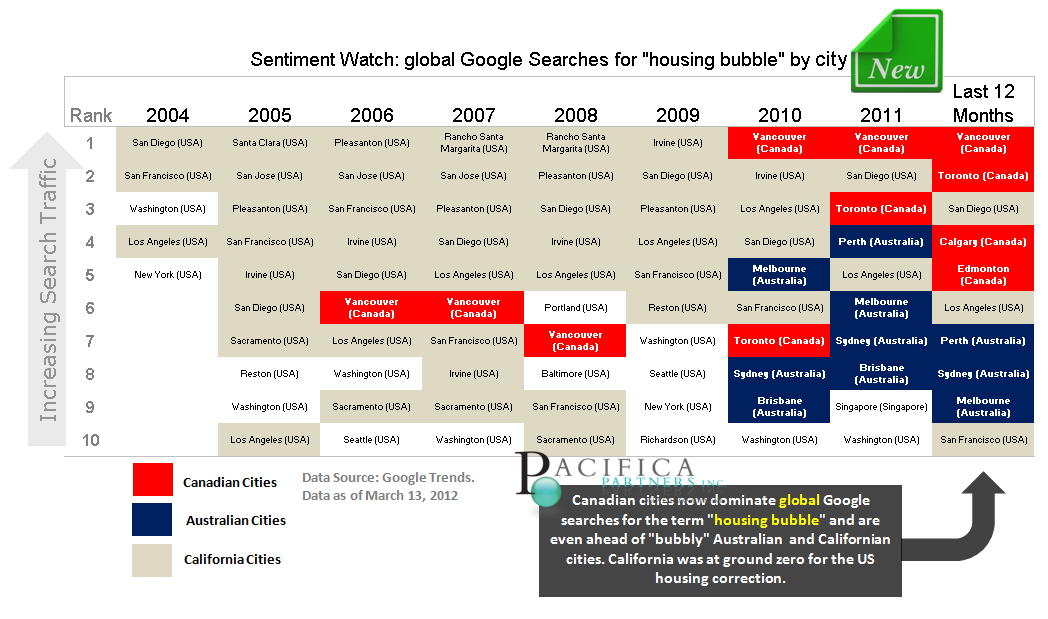

For a while, they had a rough time as gold topped at $200 in early 1975 and went on to correct to $100 in mid-1976. citizens to own gold in 1974, they flocked to the time-tested inflation hedge in droves. dollar to gold had been broken and gold was floating in terms of the U.S. This was the time of Nixon closing the international gold window in August 1971. Understandably, people have been faced with waning purchasing power of the U.S. We have already covered stagflation of the 1970s and the easy monetary policy of that era, courtesy of the Fed Chair Arthur Burns. Can the same be said about all asset classes? In other words, can there be a bubble in gold as well? Certainly, and we have a not-too-distant example to prove that. But when the US housing market and the global economy recovered, the gold fell out of favor. When the housing bubble burst and cascaded through the financial system, the world fell into economic crisis, which added fuel to the fire under gold. They rose together in the mid-2000s only because the interest rates were low. Hence, there is no clear relationship between the gold and house prices. Then, the housing index started its recovery, while the gold entered the bear market in gold. And when the house prices bottomed, the price of gold peaked. As one can see, they moved in tandem in the mid-2000s, but when the housing bubble burst, the price of gold accelerated even further toward the north. housing bubble and gold? Let’s look at the chart above again, which compares the index of US housing price and the gold prices. What is the link between the mid-2000 U.S. National Home Price Index, Index Jan 2000=100, Monthly, Seasonally Adjusted) from January 1987 to December 2018. Fix, $, monthly average) and the US housing prices (right axis, red line, S&P/Case-Shiller U.S. Then, it has been declining until early 2012, as one can see in the chart below.Ĭhart 1: Gold prices (left axis, yellow line, London P.M.

In February 2007, the S&P/Case-Shiller US National Home Price Index reached its peak, increasing more than 84 percent since January 2000. Hands up who remembers robo-signing!īut every party ends one day.

After all, the banks could get away with passing loans to anyone with a pulse, stamp that tripple A and offload the risk to someone else’s balance sheet via collateralized debt obligations. Mortgage loan securitization also contributed to the boom. politicians were beating the drum of the American Dream and pressured banks and other financial institutions to grant loans even to subprime borrowers. Low interest rates and lax credit conditions spurred speculation and demand for houses. It was caused by the easy Fed’s monetary policy adopted in response to the dot-com bubble and the September 11 attacks. But the best known example is the mid-2000 U.S. The history records many housing bubbles. As they focus on repaying the mortgages, they do not take new loans, which leads to the slow recovery. The bubble is credit-fueled, so its burst leads to debt overhang among the consumers. This is because the bursting of the housing bubble affects negatively the balance sheets of the household sector. However, the deviation cannot last forever – and after some time, house prices fall significantly to adjust to the fundamentals.Īlthough the basic mechanism of a housing bubble is the same as for other asset bubbles, its effects for the real economy are particularly severe. So, the housing bubble occurs when the real estate prices deviate upwardly from their fundamental value. The latter is an upward price movement over an extended time period which then implodes. The housing bubble is a special kind of a price bubble (also referred to as a speculative bubble, economic bubble, asset bubble or financial bubble). Even Mark Twain once said: “Buy land, they aren't making anymore of it.” Real estate was considered to be safe. When the Nasdaq, Dow Jones and S&P 500 Index plunged, people got discouraged to the stock market and they fled to real estate. It all began in the aftermath of the dot-com bubble. This was the common belief that led to the Great Recession. After all, the real estate cannot lose value.


 0 kommentar(er)
0 kommentar(er)
